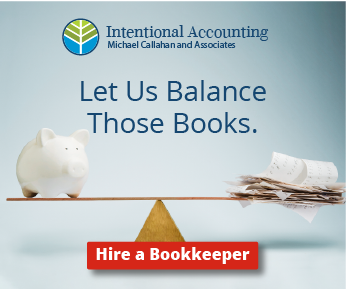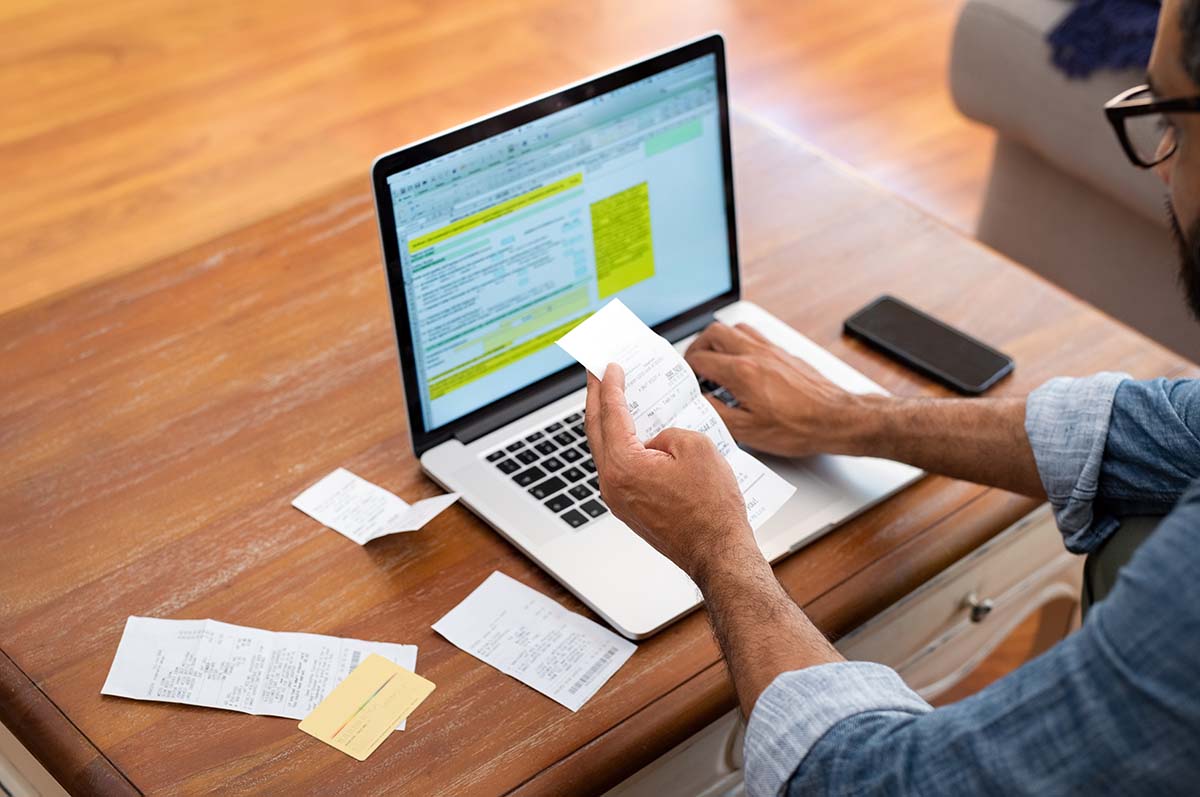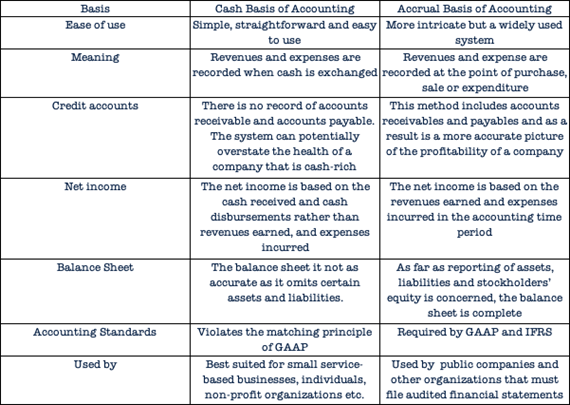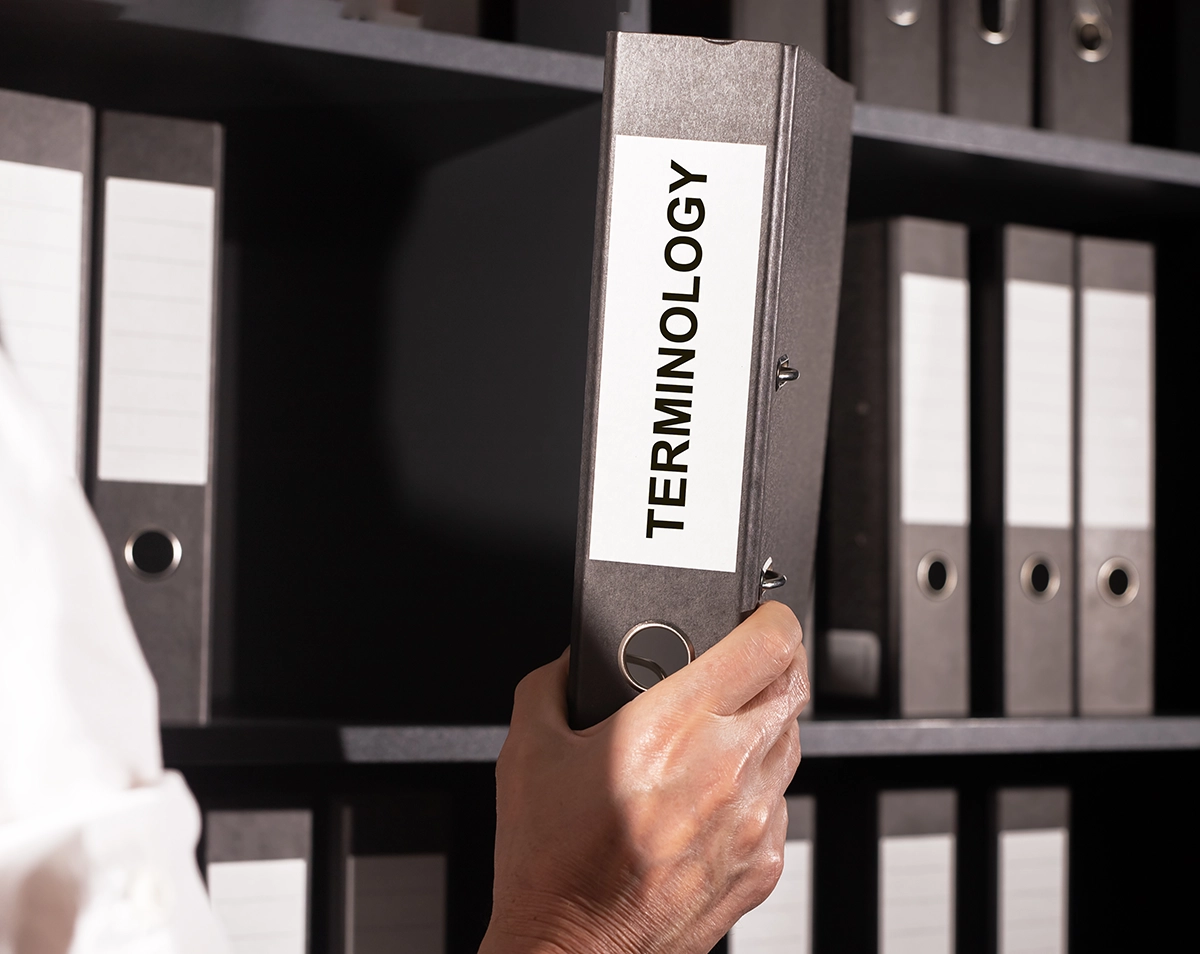There are so many things to remember when you are running a business, we are here to help. When tax time comes around there are a lot of things to keep straight. As a business owner it is certainly more complicated than just a personal return. We put together a list of things to make sure you should collect and keep throughout the year to make tax time that much easier when it comes. If you keep things together as the year goes, it will make things less stressful when you must gather your documents come tax time.
Income
- Ensure you have all sources of income
- Gross receipts
- Accounts receivable
- Business checking and savings interest
- Other income
- Any rental income
- Federal/state gas and fuel tax credits or refunds
Cost of Goods
- Beginning Inventory dollar amount
- Inventory Purchased
- Ending Inventory dollar amount
- Materials and supplies purchased
- Ensure you remove any items purchased for personal use
Expenses
This is where the list is going to get long and not everything will apply to you. You do need to make sure that you have receipts and documentation for your expenses. We want to help you take all your deductions and ensure that you are well documented for them. If you have any questions, don’t hesitate to ask us! This list is not all exclusive either, it is important that you speak with our expert tax advisors and accountants to ensure you understand what is an expense for your business throughout the year. Don’t wait until after the year is over to know that something could have been a deduction.
- Advertising
- Business Phones (landlines, cell phones, fax lines etc that are used for business use)
- Computer, printer, and internet expenses
- Transportation and Travel Expenses
- Local transportation (mileage, parking, tolls, etc – ask us what and how these need to be tracked)
- Travel expenses (travel away from home – included transportation, mileage, airfare, hotels, meals, etc – again ask what is included and how to account and track)
- Payroll, Commissions, Fees, Wages, Employee Benefits
- There are a lot of items in this category, ensure that they are tracked and accounted for properly, including taxes, etc
- Office Expenses
- Rent or Mortgage expenses
- Business use vehicle leases
- Office supplies
- Business insurances (may be more than one kind of insurance)
- In-Home-Office Expenses
- Do you work from home – there are expenses that qualify to be taken separately here, consult our tax experts if you work from home to ensure you are documenting everything properly throughout the year
- Profession fees
- Lawyers Fees, Accounting Fees, Consulting Fees
- Depreciation
- Cost and first date use of business assets
- Records relating to personal use of those assets
- Ensure you keep records of sales of assets and any depreciation
- Know what depreciation you used on your previous year tax return for the assets
- Other Expenses
- What else did you pay for that is business related
There are some many things we pay for everyday that we do not realize are deductions for your business. The best advice we have to offer is sit down with an accountant/tax expert and discuss your business, discuss your personal tax situation, and know what you are allowed to deduct. Then keep records throughout the year and bring them with you at tax time so that you get the best deductions available to your business.












